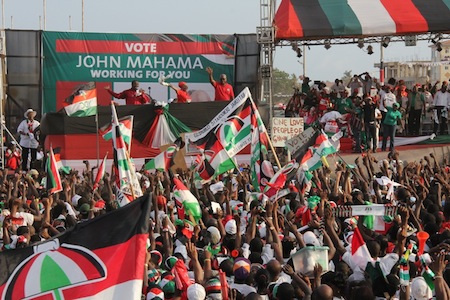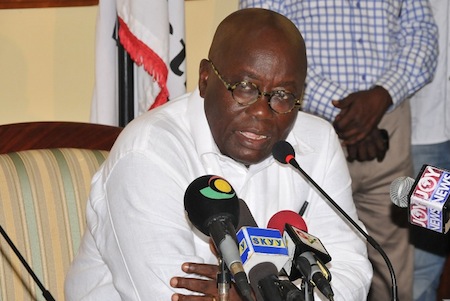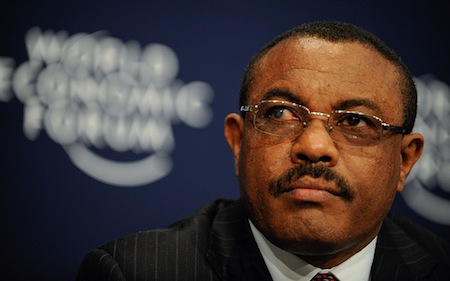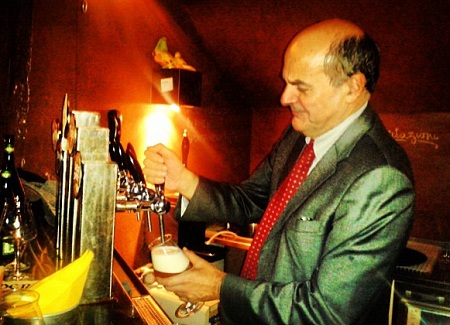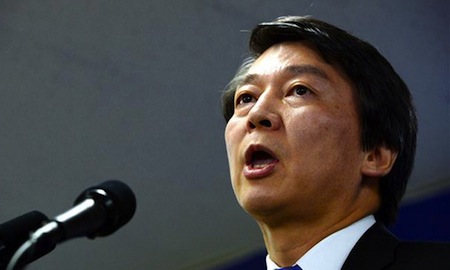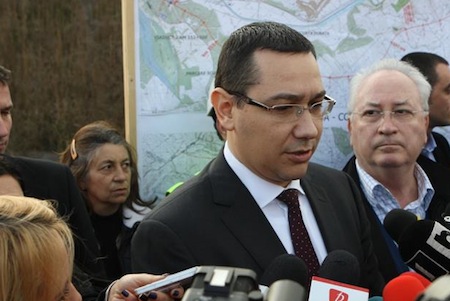
It’s all but certain that Romania’s prime minister, Victor Ponta, will emerge from Romania’s Nov. 9 parliamentary elections as not only the winner, but with an extraordinary mandate to govern in his own right. 
Ponta (pictured above) became prime minister earlier this year in May after the government of Emil Boc fell over protests against the austerity measures that Boc’s government had implemented, in large part dictated as a condition of loans from the International Monetary Fund that have buoyed Romania’s budget since 2009.
Shortly after taking office, however, Ponta start acting in ways that have caused alarm throughout the European Union — Ponta called a constitutionally suspect referendum on July 30 to remove Romania’s president, Traian Băsescu, for overstepping his authority, despite a ruling to the contrary from Romania’s Constitutional Court. That referendum failed because only 46.23% of voters turned out for the referendum (lower than the 50% threshold required), but Ponta and Băsescu have been locked in political warfare ever since, and will likely continue to do so until Băsescu’s term ends in 2014, although it seems very likely that Ponta and his allies could try to impeach Băsescu after Sunday’s parliamentary elections.
Ponta’s referendum against Băsescu was only one of several constitutionally suspect actions in the first months of his tenure as prime minister. Ponta made blatant attempts to put allies in charge of Romanian public television, attempted to push through a new first-past-the-post electoral law (that was ultimately rejected by Romania’s constitutional court), stacked the leadership of Romania’s parliament with his allies, and has been accused of plagiarism in his doctoral thesis.
Given that Romania, Europe’s ninth most-populous country with 21 million people, has been a member of the North Atlantic Treaty Organization since 2004 and a full European Union member since 2007, U.S. and European policymakers are anxious that Ponta will attempt to steamroll the Romanian judiciary and/or Băsescu. The political turmoil in Romania has already caused EU officials to delay Romania’s entry into the border-free Schengen Area, the free-travel zone that covers much of Europe.
It seems even more unlikely that the election will settle the feud between Ponta and Băsescu, who seems set to do everything he can within his role as Romania’s head of state to frustrate Ponta. It’s possible that Băsescu could even refuse to nominate Ponta as prime minister following Sunday’s election, which would result in a constitutional crisis and, potentially, new elections.
The election comes at a time when outside investors are losing patience with Romania’s increasingly negative political climate, and, in particular, the IMF will increasingly pressure Romania’s government for concessions before early next year, when its current €5 billion funding package expires.
The latest polls all show a remarkably consistent lead for Ponta’s Uniunea Social Liberală (USL, Social Liberal Union), a patchwork alliance of various parties that formed just in 2011, primarily Ponta’s own Partidul Social Democrat (PSD, Social Democratic Party), the one-time center-right Partidul Naţional Liberal (PNL, National Liberal Party) and others.
Together, the USL as an alliance holds at least 161 seats (the PSD with 92 seats, the PNL with 57) in the 315-member Chamber of Deputies (Camera Deputaţilor), the lower house of Romania’s parliament (Parlamentul României), going into Sunday’s elections, and look very much likely to extend that lead.
Currently, the largest party in the Chamber of Deputies, with 98 seats, is the Partidul Democrat-Liberal (PDL, Democratic Liberal Party), Băsescu’s party, which had governed after its victory in 2008 parliamentary elections until Boc’s government fell earlier this year. The PDL, which is running under a center-right patchwork alliance, the Alianţa România Dreaptă (ARD, Right Romania Alliance), that formed only in September 2012 as an alliance among the PDL and two smaller parties, the National Peasant Christian-Democratic Party and Civic Force.
The ARD / PDL, however, remains deeply unpopular in a country that saw just 1% GDP growth in 2010, contracted by 0.4% in 2011, and has pushed through three years of harsh austerity measures.
In the 137-member Senate (Senat), the Romanian parliament’s upper chamber, Ponta’s PSD holds 40 seats and his allied PNL holds 27 seats, with just 35 for the PDL.
One recent poll, however, gave Ponta’s USL fully 62% of the vote to just 17% for the ARD, the second choice of Romanian likely voters.
Continue reading Ponta set to consolidate power in Romanian in Sunday’s elections →
![]()

